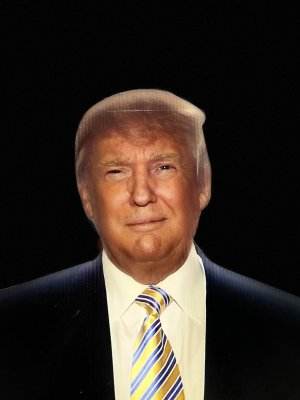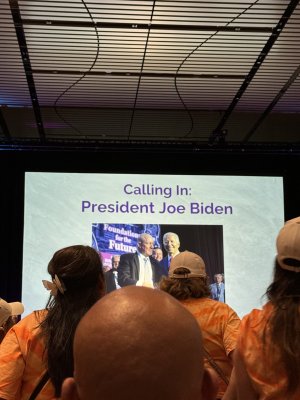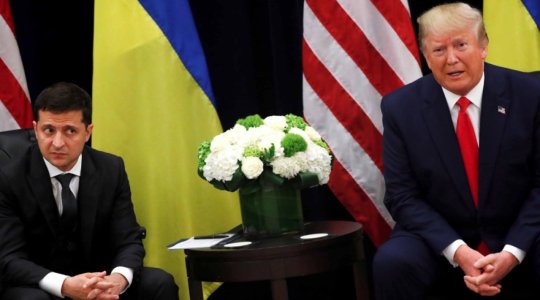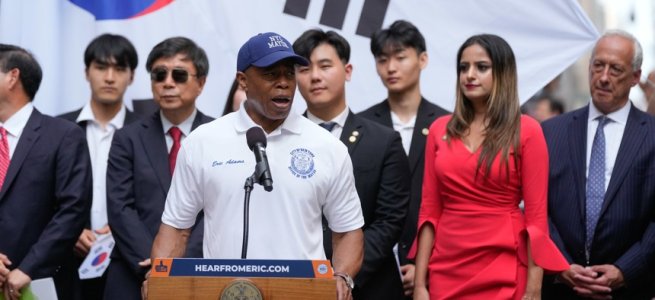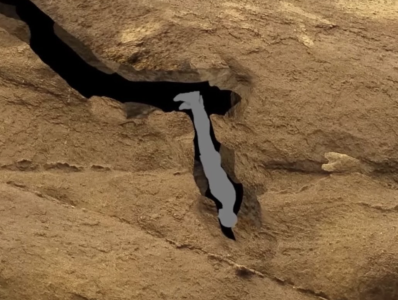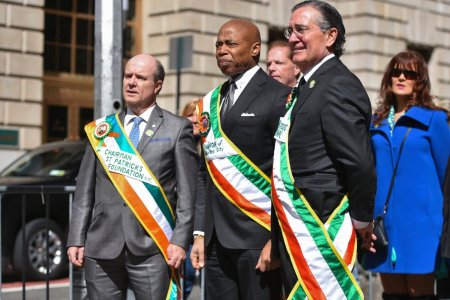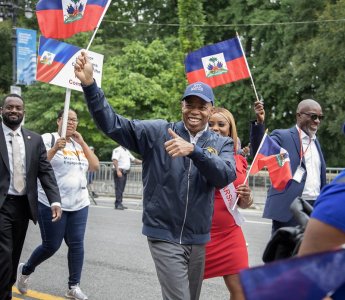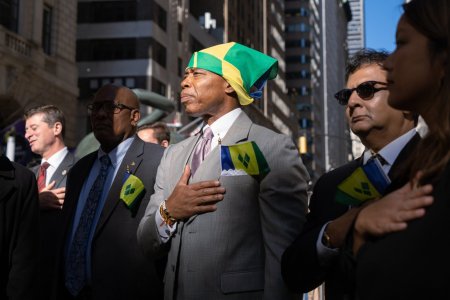- 64,964
- 196,091
- Joined
- Jul 20, 2009
https://trofire.com/2017/03/15/amaz...-w-v-trump-voters-cheer-universal-healthcare/
For the Democrats, the 2018 elections better be like playing the game on easy with cheat codes.
nah the maps not favorable, economy is still solid.
It will still be a hell of a challenge to unseat the republicans.
Yes the Senate map is bad and the House is gerrymandered to hell, but the Dems can eat elsewhere, especially at the state level. And for the sake of going access, this is big for 2020.
You are putting too much weight on the economy. Trump's popularity (which is tied to the economy, but not strictly) will be a bigger factor.
The last three massive midterm term waves for each president was not about the economy. You can argue that it created apathy under Obama, but the Tea Party was really about economics.
Last edited:





 .
.
 C'mon son.
C'mon son.






